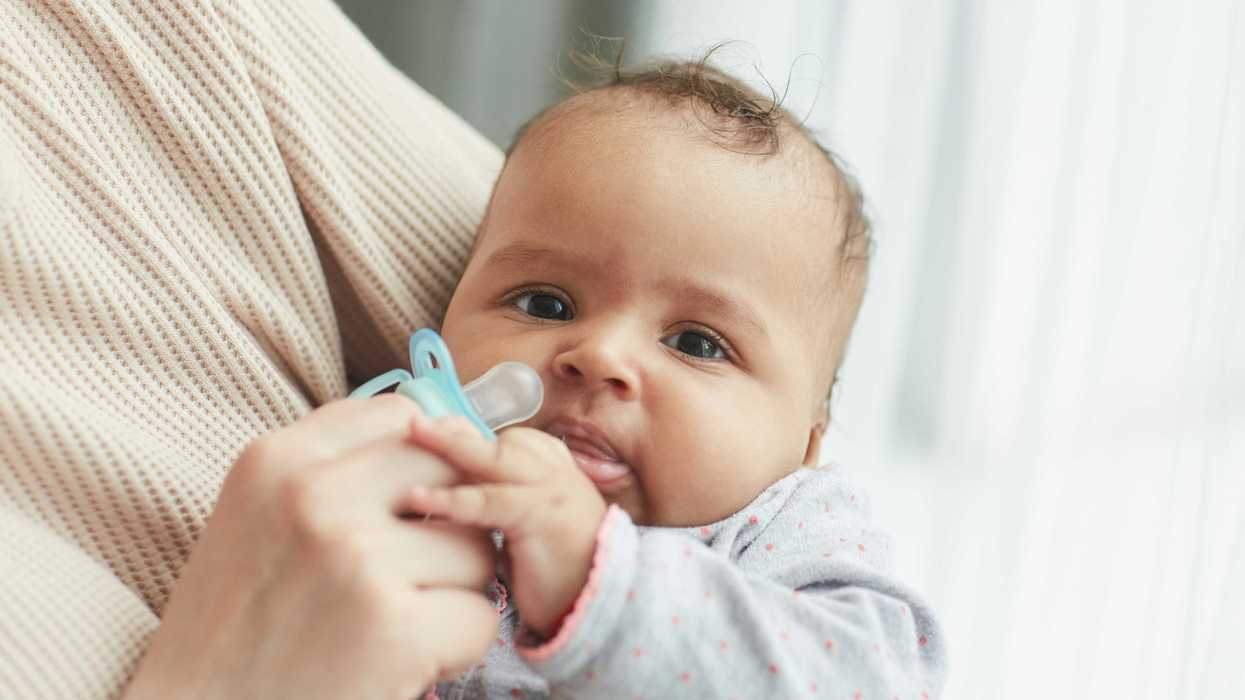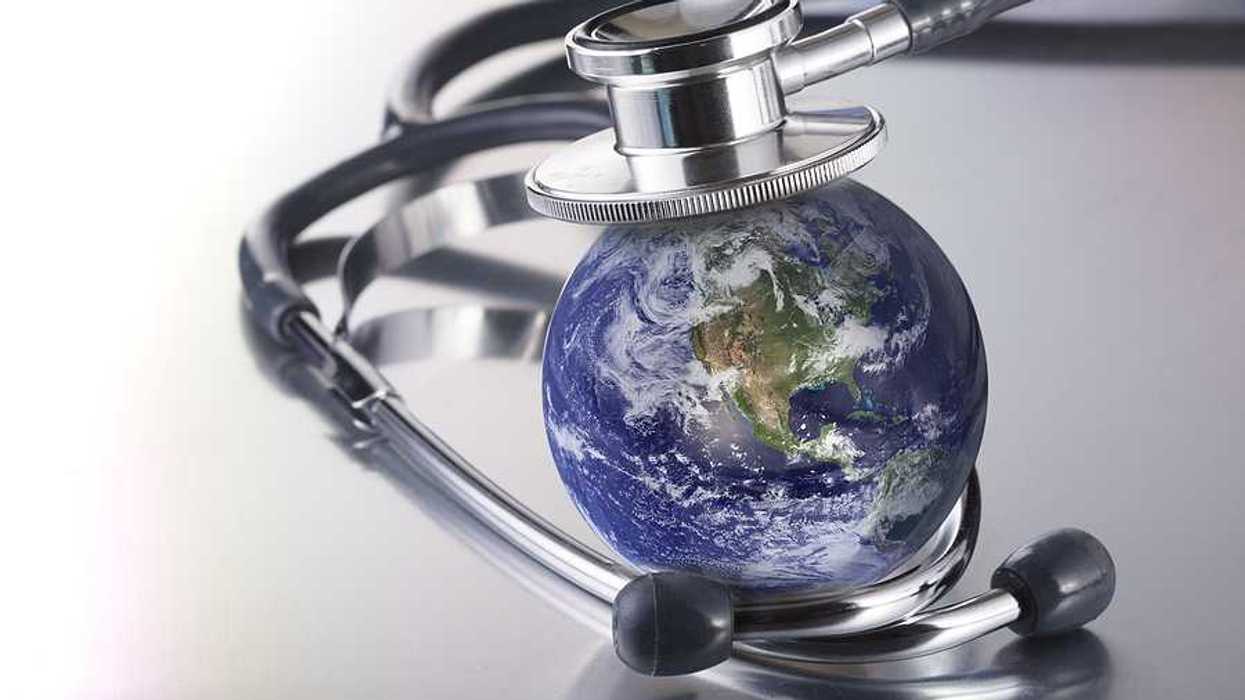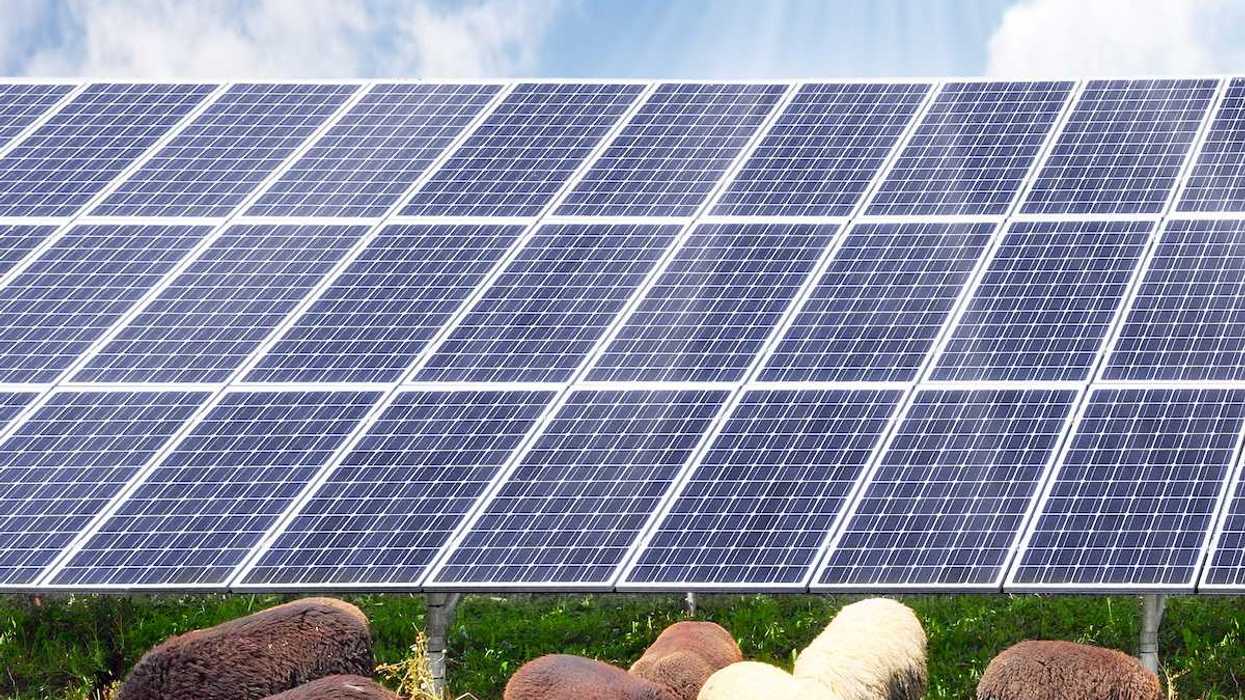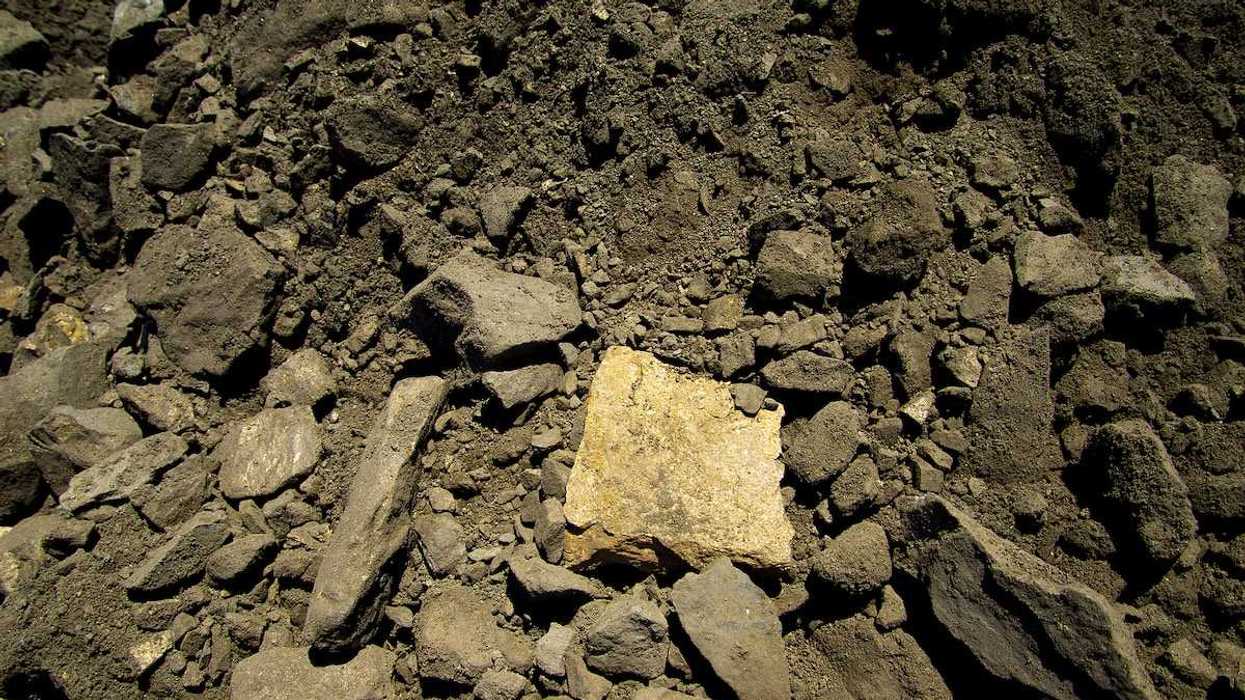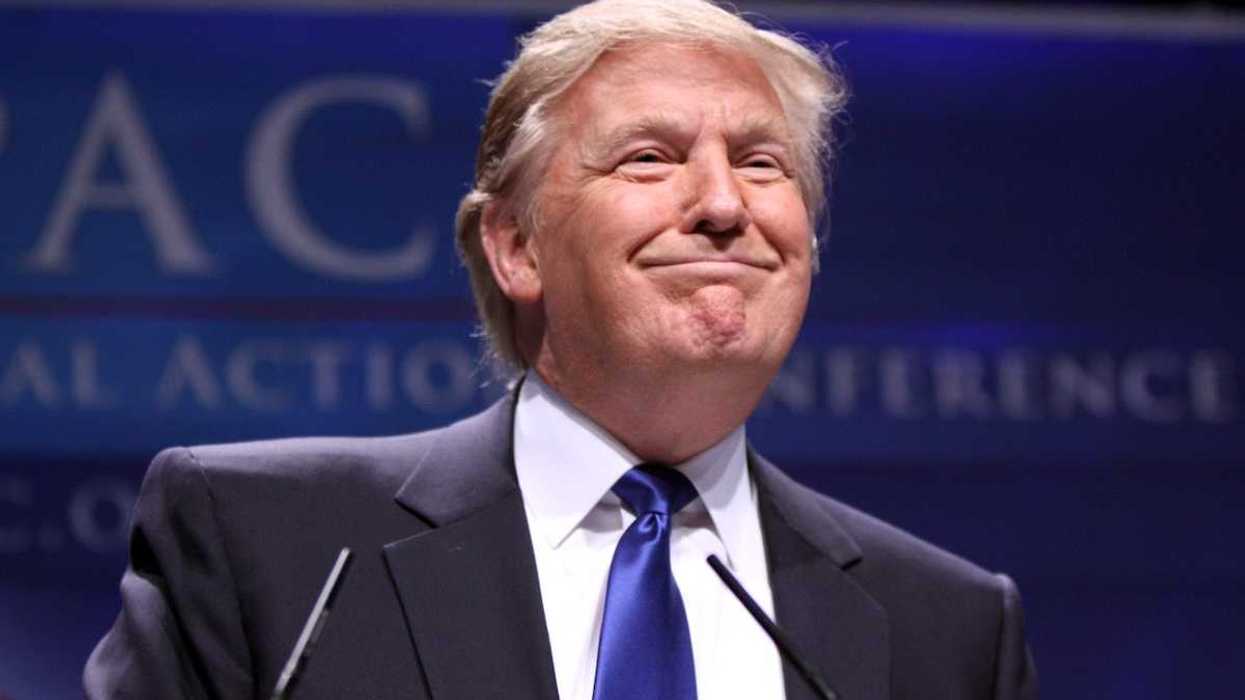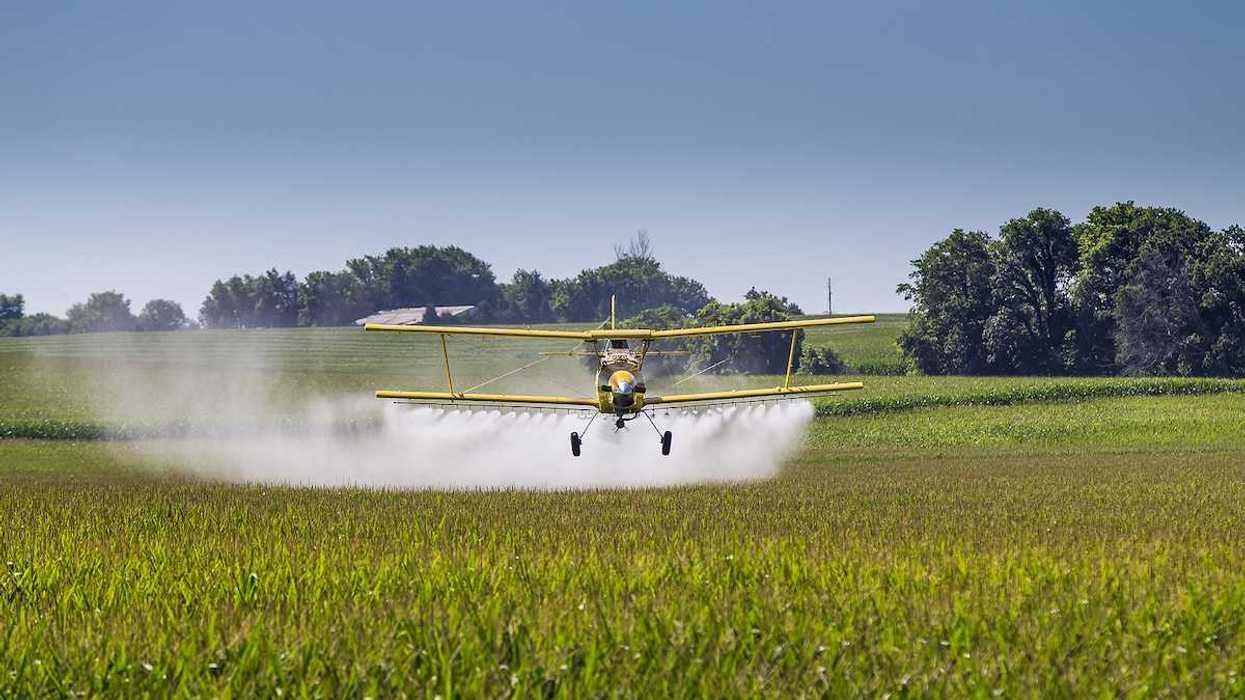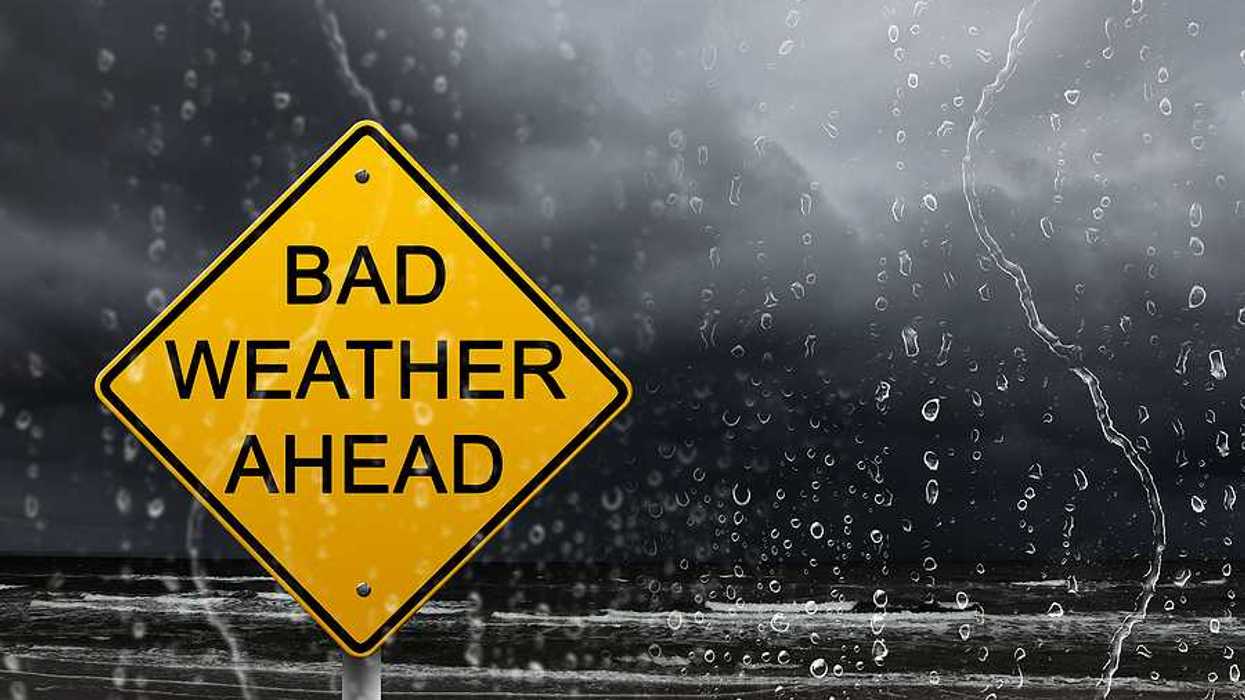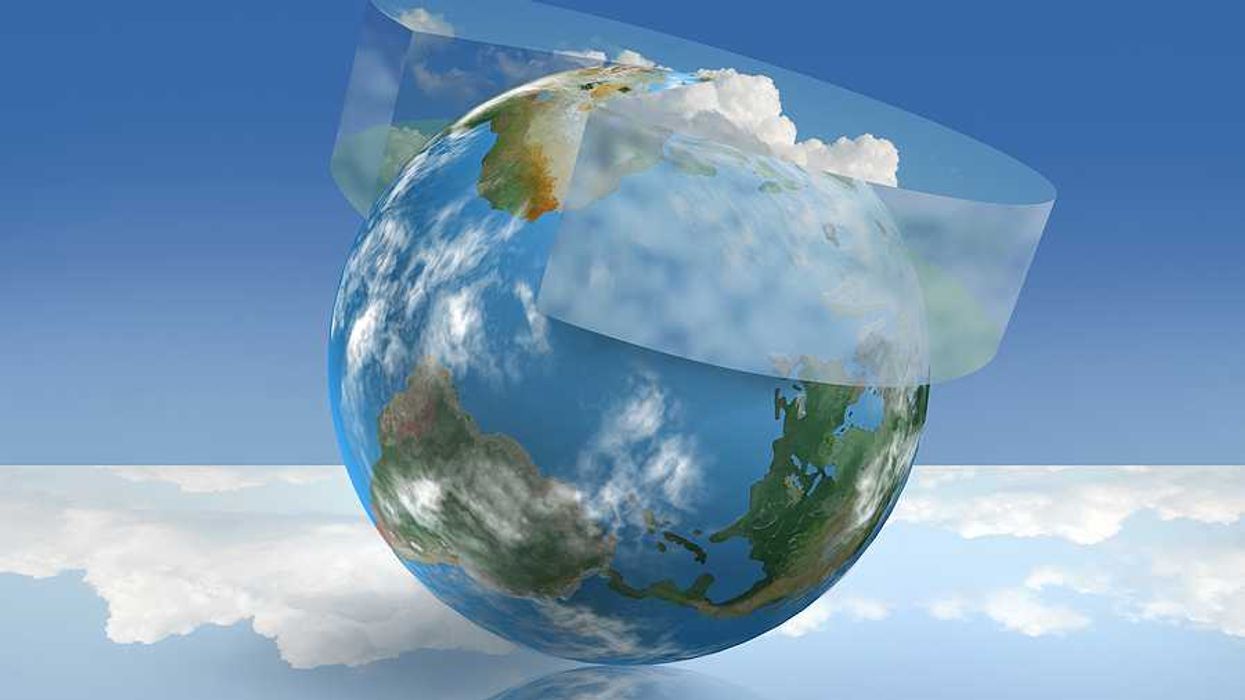This week’s global treaty talks on plastic pollution in Bangkok have sparked outrage as environmentalists and affected communities are locked out of the negotiations, raising concerns about transparency and the future strength of the treaty.
Jennifer McDermott reports for the Associated Press.
In short:
- Environmentalists, tribal leaders, and community members from areas impacted by plastic pollution are excluded from crucial talks in Bangkok.
- The United Nations cites procedural rules for the exclusion, but critics worry this could lead to a weaker treaty.
- Some nations, like Uruguay and the Philippines, are including nonprofits in their delegations to ensure diverse representation.
Key quote:
“I didn’t think it would go to this extreme, with really limited participation. It’s taking away our ability to fully participate and come up with meaningful solutions.”
— Frankie Orona, executive director of the Society of Native Nations in Texas
Why this matters:
As key voices sound the alarm on being sidelined, the question looms: How effective can a treaty be if those most affected by plastic pollution aren’t even at the table? Read more: Plastics treaty draft underway, but will the most impacted countries be included?


